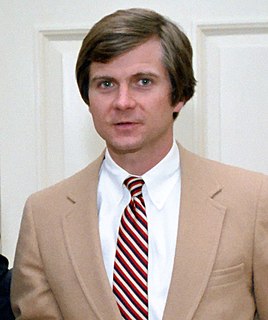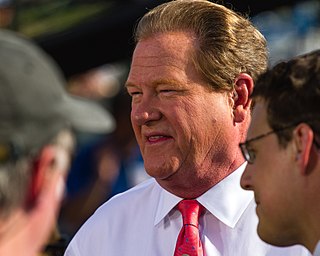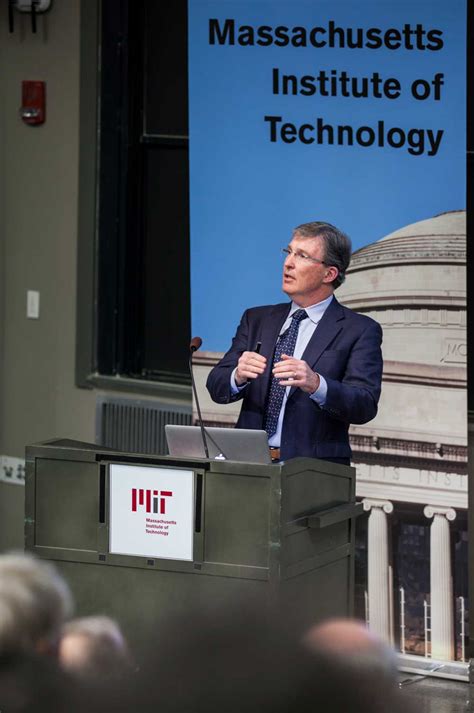A Quote by Will Smith
What developed in my early days was the attitude to start attacking the thing I was scared of
Related Quotes
Historical grammar is a study of how, say, modern English developed from Middle English, and how that developed from Early and Old English, and how that developed from Germanic, and that developed from what's called Proto-Indo-European, a source system that nobody speaks, so you have to try to reconstruct it.
I moved to Chicago in the early 1990s and I studied improvisation there. I learned some rules that I try to apply still today: Listen. Say yes. Live in the moment. Make sure you play with people who have your back. Make big choices early and often. Don't start a scene where two people are talking about jumping out of a plane. Start the scene having already jumped. If you're scared, look into your partner's eyes — you will feel better.
I think there's an attitude these days that you can go straight from a studio to the stage, and it isn't really like that. But playing live was the most important thing for me at the start because whenever I recorded something, it didn't sound right; I didn't like how my voice sounded. It was just raw.
In college, practice is draggin'. Coach goes, 'Oh, hey, go on over there and start a fight with one of the linebackers.' Okay. So I'll go and start a fight with one of the linebackers... It's just an attitude that really developed in me, and now we just amplify it times 100 and make sure everybody understands what I do and what I'm about.



































